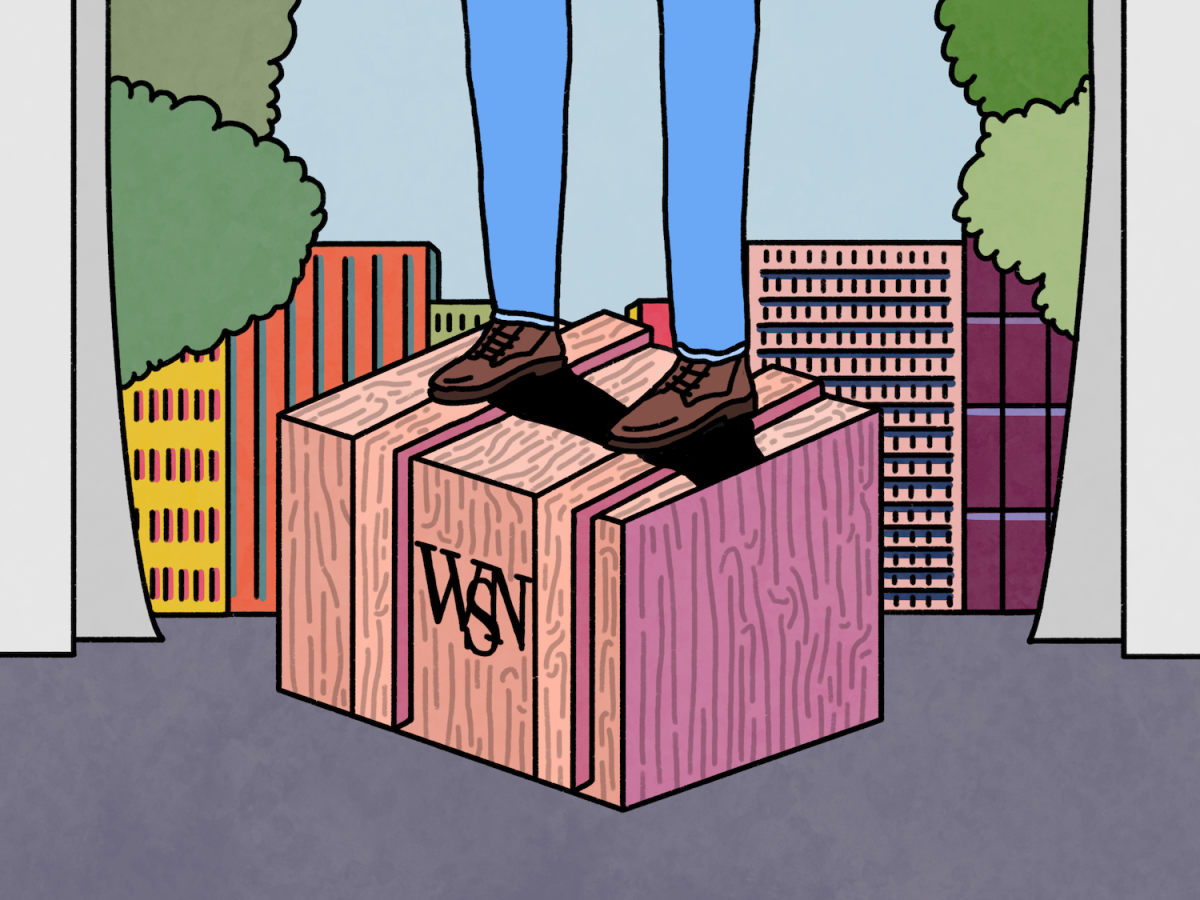In the United Kingdom, official resigns after deportation bill proposal
British immigration minister Robert Jenrick resigned Wednesday after the government introduced an emergency bill that would categorize Rwanda as safe for asylum seekers, in its latest move to curb immigration to the United Kingdom. The law is also said to “ignore a part of” the country’s human rights law, according to the Associated Press.
“The stakes for the country are too high for us not to pursue the stronger protections required to end the merry-go-round of legal challenges which risk paralyzing the scheme and negating its intended deterrent,” Jenrick wrote in his resignation letter to Prime Minister Rishi Sunak. “This emergency legislation is the last opportunity to prove this, but in its current drafting it does not go far enough.”
The bill follows a Nov. 15 court ruling outlawing the government’s original proposal — which would have allowed migrants to be deported to Rwanda — due to the country not being “considered a safe third country,” according to Reuters. The earliest version of the policy was announced by former Prime Minister Boris Johnson in 2022, but has faced multiple legal hurdles since then.
The legislation follows a series of government measures to deter both legal and illegal entry into the U.K. Foreigners looking to apply for a worker visa in the country must now meet a minimum earning standard almost 50% higher than in 2022 — around 38,700 pounds. Undergraduate student visa holders are no longer able to bring a dependent during their studies in the U.K.
Around 29,000 illegal migrants have reached the U.K. this year, while net migrations to the country approached three-quarters of a million last year. The increased population put additional strain on the U.K.’s already fragile infrastructure and social welfare system. Housing the 175,000 migrants in the country looking for asylum before they receive a decision comes at a cost of around 8 million pounds a day.
“[The new immigration plan] will deliver the biggest-ever reduction in net migration and will mean around 300,000 people who came to the U.K. last year would not have been able to do so,” U.K. Home Secretary James Cleverly in a statement. “I am taking decisive action to halt the drastic rise in our work visa routes and crack down on those who seek to take advantage of our hospitality.”
In central Europe, a push for border restrictions
The German Federal Ministry of the Interior announced an extension of the country’s border control policies until Dec. 15. The plan aims to tighten the flow of migrants from surrounding countries, including the Czech Republic. Amid a surge in migration, other countries included in the Schengen area — which allows for free movement between the 27 European countries that comprise it — have imposed internal border controls against other member nations.
Several geopolitical factors have led to a migration crisis in central Europe. The ongoing Russia-Ukraine war has driven civilians away from the warzone, with over 5.9 million Ukrainian refugees sheltering in the rest of Europe. Despite over 4,500 arrests in October and November, European police struggled to crack down on human trafficking operations in the Balkans. With sharper price hikes compared to western Europe, harsh macroeconomic conditions have pushed workers in eastern Europe and Africa toward economic centers for better labor protection and employment opportunities.
The unbridled migrant influx has prompted defensive measures from European states. After a policy change in September, Italy is now detaining migrants for up to 18 months before deportation and building new detention facilities to house them. A summit on migration held last week, attended by six key central European states: the Czech Republic, Hungary, Poland, Slovakia, Germany and Austria, saw governments call for stronger border protections.
Internal border controls between EU members, about 13 of which have reinstated border checks with neighboring nations, have drawn concerns and criticism. At the summit, Czech interior minister Vit Rakušan said the internal border checks are unsustainable, and said the focus of cooperation between the six countries in attendance would be on external migration. EU Home Affairs Commissioner Ylva Johansson said that internal borders would hamper the free movement of EU citizens.
“Europe’s economy is suffering as border controls within the Schengen area hinder and slow down trade and the cross-border operations of businesses,” Péter Szijjártó, the Hungarian foreign minister, wrote on Facebook. “If Brussels does not change its migration policy, we could find ourselves where we do not want to be: in an era of Europe torn apart by old borders.”
Contact Samson Tu at [email protected].






















































































































































